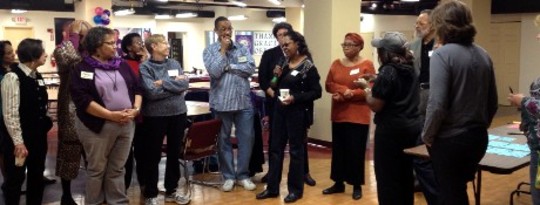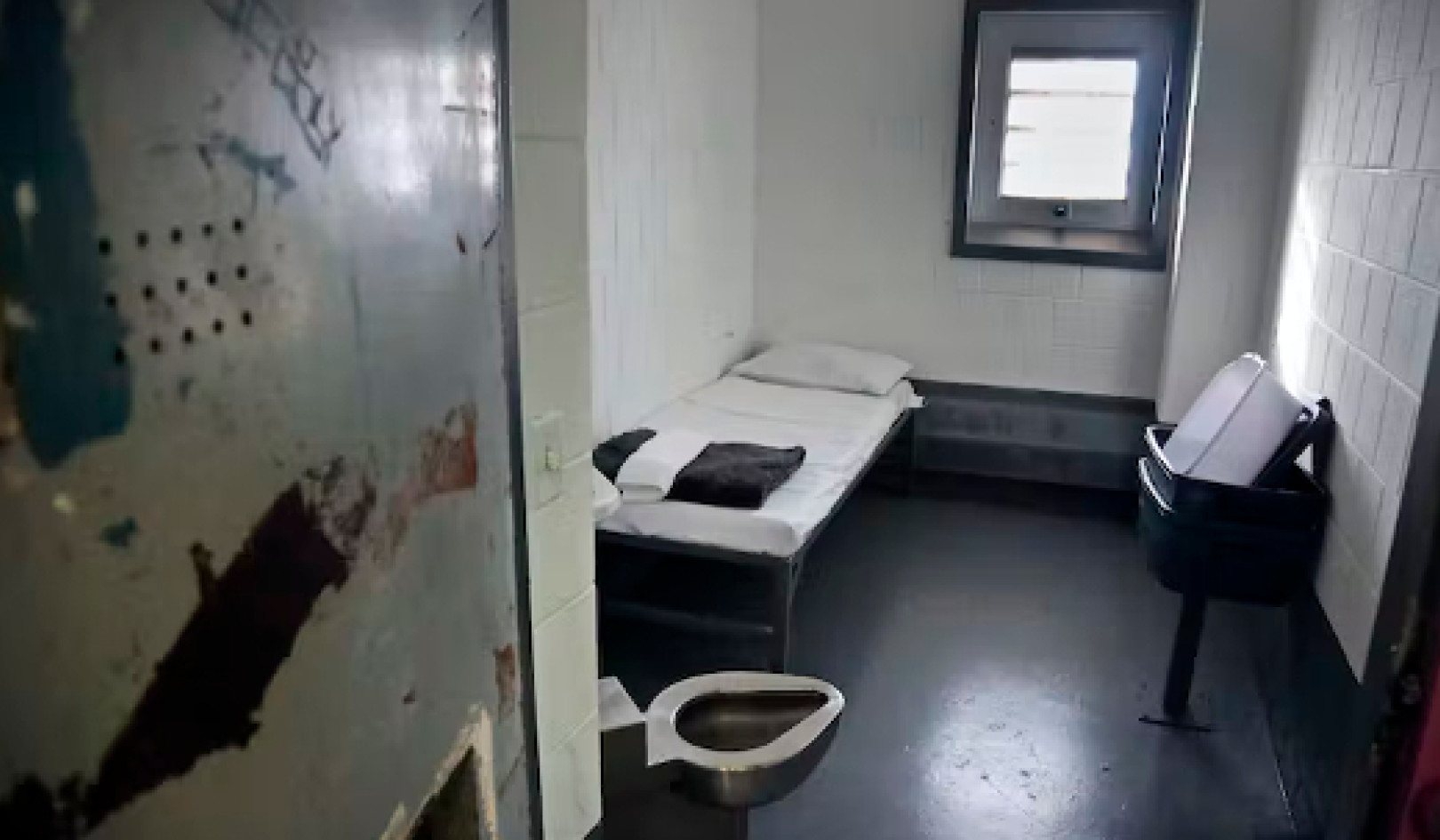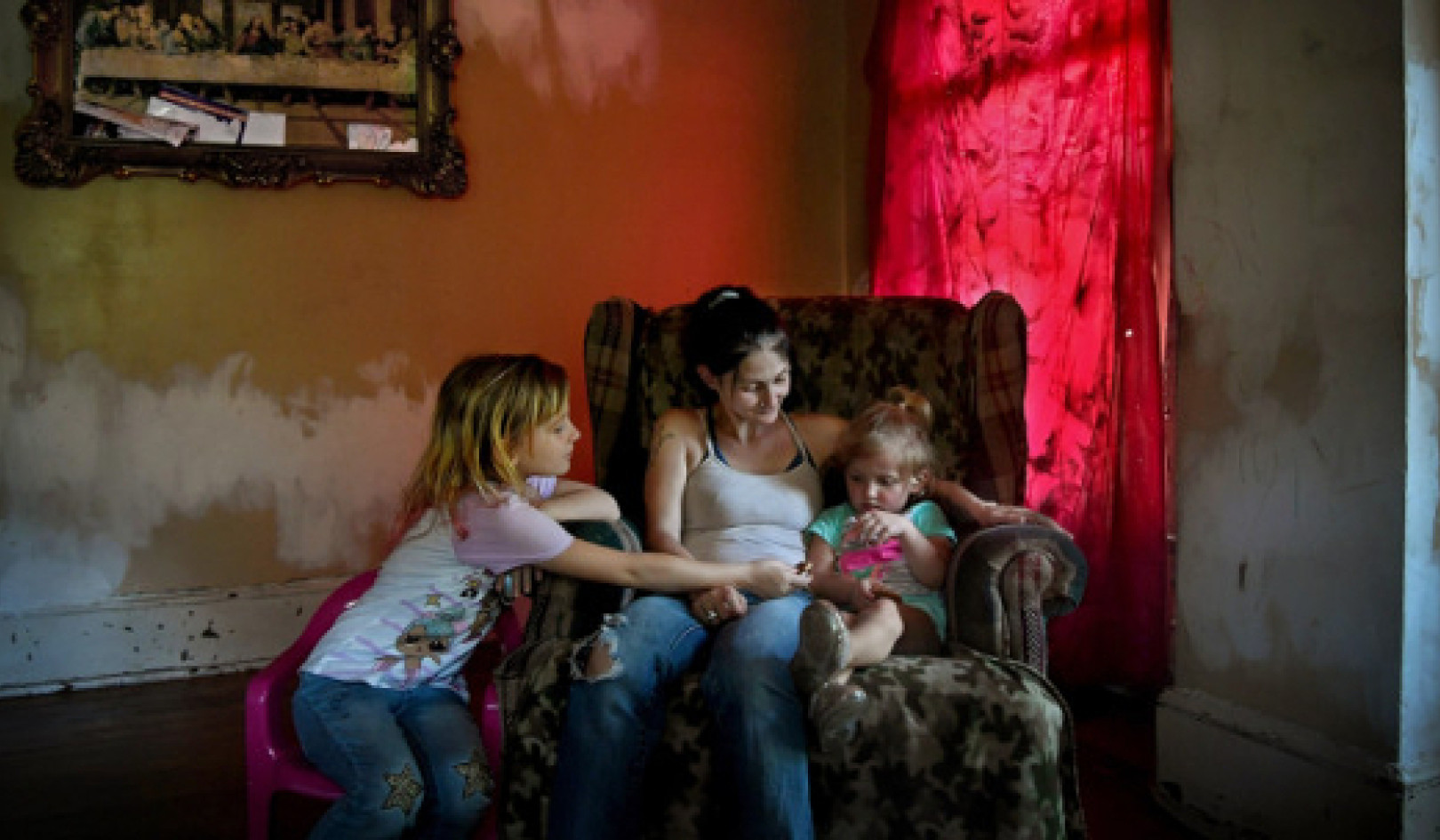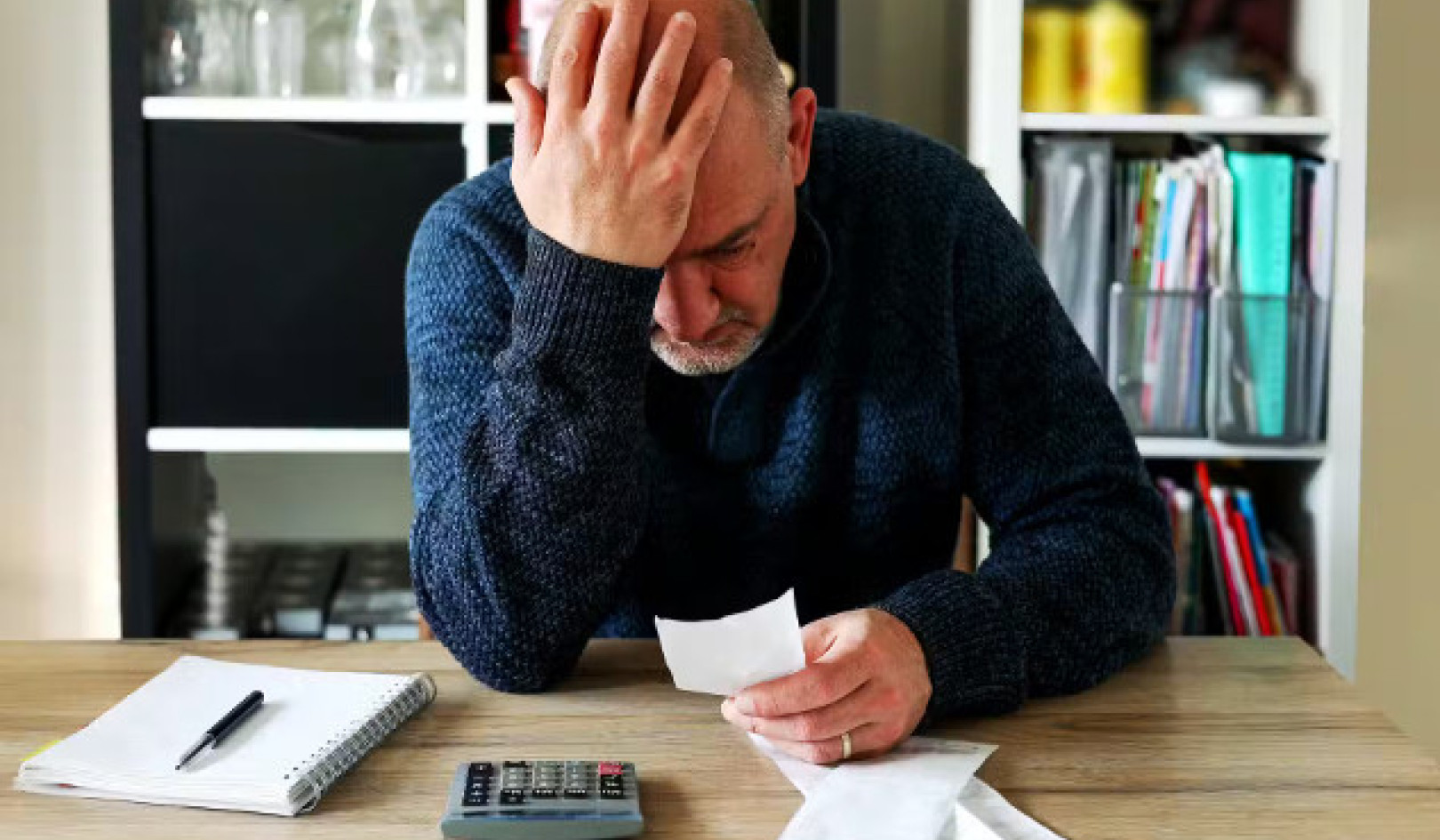
My own vision for the coming decade places communities at the center of dialogue, planning, action and change. My hope is to educate community members and congregations so they can better protect their families from dangerous exposures and play an active role in coordinated efforts to change policies that will help improve environmental conditions as we face the impacts of climate change. This approach will assist individuals in making behavior changes that can reduce the harmful exposures for their families, while community members can be trained to organize group actions to effect longer-term solutions.
Creating the political will and opportunities for all communities to engage in local, regional and national initiatives to address climate change with procedural and social equity is daunting, but it is needed now more than ever. Congregations understand that God created the Earth and called it good, assigned us to steward creation and charged us to love our neighbor as ourselves. The belief that God's creation is His temple can inspire people of faith to care about climate justice and act to ensure equal access to healthy environments for all communities.
Faith Leaders for Environmental Justice
Faith Leaders for Environmental Justice provides a platform for its members to address the impact of climate change, toxic dumping and food deserts in New York City's most vulnerable populations through three working groups. The climate justice working group coordinates a dialogue on the effects of climate change on populations and how to get congregations ready for such events including sea-level rise. Its lessons revolve around decreasing energy consumption, switching to more sustainable energy options and greening communities. The toxics working group rallies around eliminating toxins such as lead paints and certain ethnic beauty-care products within the home, and ensuring safe disposal of waste within neighborhoods.
The food justice working group brings awareness of food politics and the barriers to healthful eating in low-income and minority areas such as the area above 125th Street, which has gained the reputation as one of American's worst urban food deserts. Involving owners of local bodegas, or markets, and national governmental leaders, the working group is dedicated to bringing healthful options to communities, teaching the importance of buying nutritious food and instilling good eating habits from an early age.
In 2010, the Faith Leaders for Environmental Justice held a Food, Faith and Health Disparities Summit that drew more than 200 members of the community to implement a course of action against food injustice. Among the outcomes was an Adopt-A-Bodega plan to upgrade healthful food choices in these Latino-run convenience stores.
Historic Riverside Church: Pioneer in Cultivating Activism
 An active participant in the Faith Leaders for Environmental Justice Collaboration, the historic Riverside Church has been a pioneer for the past 80 years in raising awareness and cultivating activism around critical issues such as nuclear conflict, disarmament, war, racial injustice, health care and civil rights. In the early 1990s, rising threats from global warming made environmental stewardship and justice a salient issue for congregation members.
An active participant in the Faith Leaders for Environmental Justice Collaboration, the historic Riverside Church has been a pioneer for the past 80 years in raising awareness and cultivating activism around critical issues such as nuclear conflict, disarmament, war, racial injustice, health care and civil rights. In the early 1990s, rising threats from global warming made environmental stewardship and justice a salient issue for congregation members.
In 1994, the Riverside congregation drafted a Statement of Commitment to Become a Sustainable Earth Community Congregation, which emphasizes the congregation's role as stewards of the Earth. Riverside Church acted on this commitment by assuming responsibility for its use of resources, incorporating a green message in worship and creating partnerships with environmental sustainability and justice organizations.
The Reverend Dr. Arnold I. Thomas, Riverside's minister of education, ecumenical and interfaith relations, noted that the church implemented environmental justice projects in more concrete ways due to the support and education provided to the congregation by both WE ACT (West Harlem Environmental Action, Inc.) and Faith Leaders for Environmental Justice. He recalled the May 2011 Faith and Earth Summit, which included workshops such as “Eco-Justice and Your Zip-Code,” “Sea Water Rise and Disaster Preparedness” and "Mobilizing Youth Groups for the Sake of the Earth."
Challenges and Action for Faith Leaders
The work of Faith Leaders for Environmental Justice provides a model for engaging religious communities in climate justice, but many challenges remain, such as encouraging faith leaders to preach sermons on issues that affect the health of their congregations, including climate change. Although there are some religious institutions, such as Riverside Church, that give green sermons and dedicate programming to climate change, many still shy away from topics viewed as nontraditional.
Indeed, faith communities must speak about personal salvation, but we also need religious leaders educated about climate change, toxic waste and food justice, which impact the health and safety of us all. To date, WE ACT staff has made presentations on environmental health and climate change at the invitation of eight churches in Harlem and developed a one-day briefing on environmental justice for Greenfaith's Fellowship program.
To build additional partnerships with congregations, WE ACT will continue to bring the perspectives of diverse grassroots communities into broad environmental coalitions where we work to craft consensus on environmental solutions and policies. Coalition-building is crucial to developing a community-generated vision and creating a space for collaborative problem-solving.
©2012 by Mallory McDuff. All rights reserved.
Reprinted with permission of the publisher,
New Society Publishers. http://newsociety.com
This article was adapted with permission from the Chapter 11 of the book:
Sacred Acts: How Churches are Working to Protect Earth's Climate
edited by Mallory McDuff.
 From evangelicals to Episcopalians, people of faith are mobilizing to confront climate change. Sacred Acts documents the diverse actions taken by churches to address climate change through stewardship, advocacy, spirituality, and justice. Contributions from leading Christian voices such as Norman Wirzba and the Reverend Canon Sally Bingham detail the work of faith communities. Sacred Acts shows that churches can play a critical role in confronting climate change — perhaps the greatest moral imperative of our time. This timely collection will inspire individuals and congregations to act in good faith to help protect Earth's climate.
From evangelicals to Episcopalians, people of faith are mobilizing to confront climate change. Sacred Acts documents the diverse actions taken by churches to address climate change through stewardship, advocacy, spirituality, and justice. Contributions from leading Christian voices such as Norman Wirzba and the Reverend Canon Sally Bingham detail the work of faith communities. Sacred Acts shows that churches can play a critical role in confronting climate change — perhaps the greatest moral imperative of our time. This timely collection will inspire individuals and congregations to act in good faith to help protect Earth's climate.
Click here for more info and/or to order this book.
About the Author
 Peggy M. Shepard has successfully combined grassroots organizing, environmental advocacy and environmental health research to become one of the most highly respected environmental advocates in the country today. She has been a pioneer for advancing the perspective of environmental justice in urban communities to ensure that the entitlement of clean air, water and soil extends to all people and communities. She is co-founder and executive director of WE ACT For Environmental Justice (WE ACT), based in West Harlem, which has a 24-year history of affecting environmental and environmental health policy and practice locally and nationally. She received the 10th annual Heinz Award for the Environment and the 2008 Jane Jacobs Medal for Lifetime Achievement. She is a member of St. Mary's Church in Harlem, New York. (The author wishes to acknowledge the invaluable research assistance of Dianna Kim.)
Peggy M. Shepard has successfully combined grassroots organizing, environmental advocacy and environmental health research to become one of the most highly respected environmental advocates in the country today. She has been a pioneer for advancing the perspective of environmental justice in urban communities to ensure that the entitlement of clean air, water and soil extends to all people and communities. She is co-founder and executive director of WE ACT For Environmental Justice (WE ACT), based in West Harlem, which has a 24-year history of affecting environmental and environmental health policy and practice locally and nationally. She received the 10th annual Heinz Award for the Environment and the 2008 Jane Jacobs Medal for Lifetime Achievement. She is a member of St. Mary's Church in Harlem, New York. (The author wishes to acknowledge the invaluable research assistance of Dianna Kim.)

























